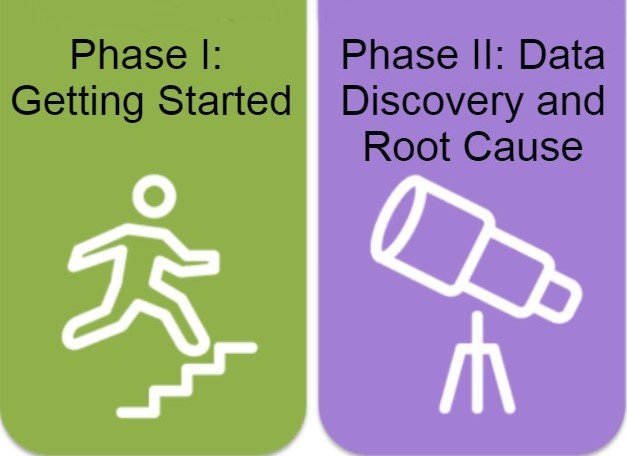On Feb. 8th, the board approved the Comprehensive Coordinated Early Intervening Services plan, which aims to address the disproportionate identification of Latino students for special education.
According to former Associate Superintendent of Education Services and creator of the plan Brigitte Sarraf, in the 2018-2019 school year, Hispanic students made up 26 percent of the district’s population but 66 percent of the students were identified with specific learning disabilities.
Approval of the plan is the first step the district has taken to address the problem since the state identified it as having disproportionate representation in January of 2020. With the goal of preventing more students from being inaccurately entered into special education, the CCEIS plan will choose a target group of students and bring them into cohorts, where they will receive specialized academic support.
Currently, the target group has 89 freshman students from Mountain View and Los Altos High School, 85 percent of being Latino and many being English language learners. They were identified under a set of eligibility criteria, including having socioeconomic disadvantages, a 2.25 GPA or lower, or multiple Ds or Fs.
In the cohorts, the CCEIS plan will use the board’s traditional progress indicators to track student progress for 27 months. According to Sarraf, these indicators are very heavily leaning towards academics and quantitative data, as they include measuring the amount of suspensions, failing grades, and transfers to Alta Vista.
“What needs to be added to this [plan] is a means to get at the softer part of [student progress] …such as… [monitoring] their mental health and their parents’ opinions about how the student is progressing,” Sarraf said.
Although the details of what will be done in the cohorts to achieve these measurable outcomes have not yet been determined, one possibility is renovating the current support classes the district offers, according to Sarraf.
“One thing that I’m very interested in is creating a different type of support class… based on what we know to be working when you are dealing with serious academic deficits,“ Sarraf said. “That includes AVID strategies, mentoring, case management… all of those types of support that help students feel that they have a trusted adult by their side.
The district also plans to coordinate with its feeder schools, such as those of the MVWSD district, to improve student academic preparedness.
The plan has been sent to the state for approval, which will be confirmed within the next one to five weeks. Meanwhile, the district will organize teams to plan for the implementation of support programs for the cohorts, as well as design a tool to monitor student progress.

































